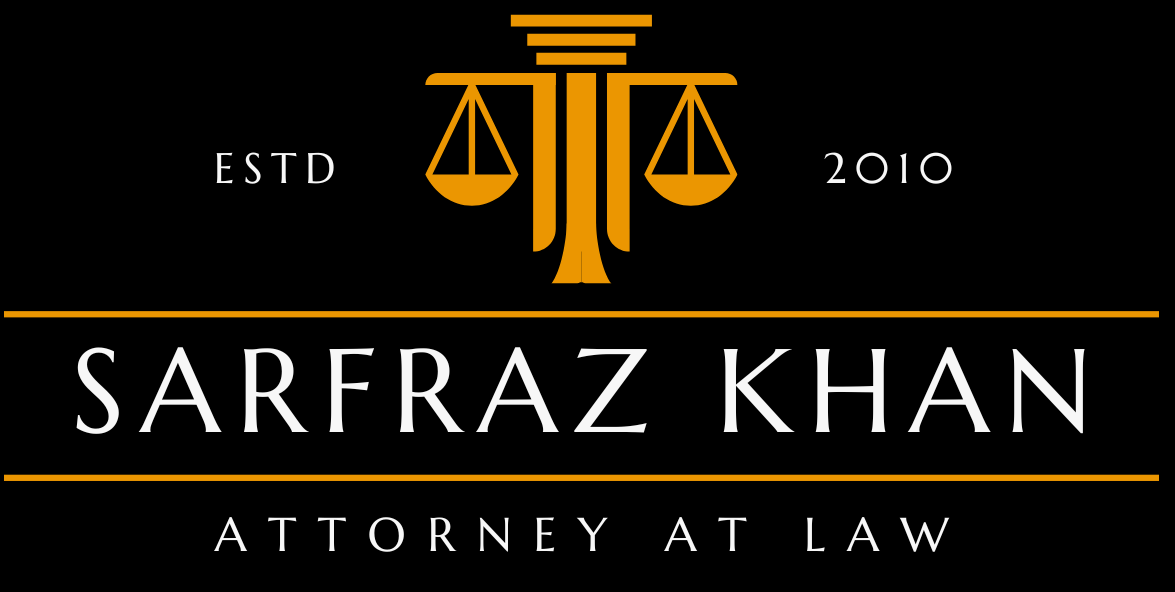- +971 50 363 7401
- Info@sarfrazkhan.com
Real Estate Law

1.Property Transactions:
Property transactions involve the buying, selling, or leasing of real estate. These transactions can range from residential homes and commercial properties to land and industrial sites. Typically, the process includes several key steps: initial negotiations, drafting and signing contracts, conducting due diligence such as property inspections and title searches, securing financing if necessary, and finally, closing the deal. Legal and financial professionals, such as real estate agents, attorneys, and mortgage brokers, often play crucial roles in ensuring that the transaction proceeds smoothly and complies with relevant regulations.
2.Property Ownership:
Property ownership signifies legal control and rights over a specific piece of real estate, whether it's land or a building. It entails a range of responsibilities, including maintaining the property, paying property taxes, and adhering to local zoning laws and regulations. Owners have the right to use, lease, or sell their property, and they can make modifications or improvements within the limits of the law and any applicable agreements. Ownership can take various forms, such as sole ownership, joint tenancy, or tenancy in common, each with different implications for inheritance and property rights.
Land Use and Zoning:
Land use and zoning are fundamental to managing how land is developed and utilized within a community. Zoning regulations categorize land into distinct zones such as residential, commercial, industrial, and agricultural and set specific rules for each zone

3.Leases and Rental Agreements:
Leases and rental agreements are legal contracts that define the terms and conditions under which one party rents property from another. A lease is typically a long-term arrangement, often lasting from six months to several years, and provides stability for both the landlord and tenant. It outlines specifics such as the rental amount, payment due dates, duration of the lease, and the responsibilities of both parties regarding maintenance, repairs, and utilities.

4.Real Estate Development:
Real estate development involves the process of creating new properties or redeveloping existing ones to meet market demands and community needs. This multifaceted process typically begins with identifying a suitable site and conducting feasibility studies, which assess the potential for success based on market conditions, financial projections, and regulatory requirements.
Real Estate Law
How can we help you?
Contact us at the Consulting WP office nearest to you or submit a business inquiry online.
